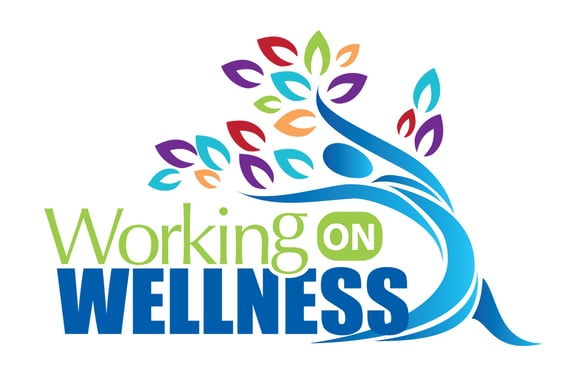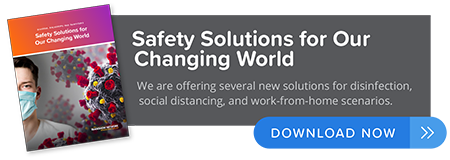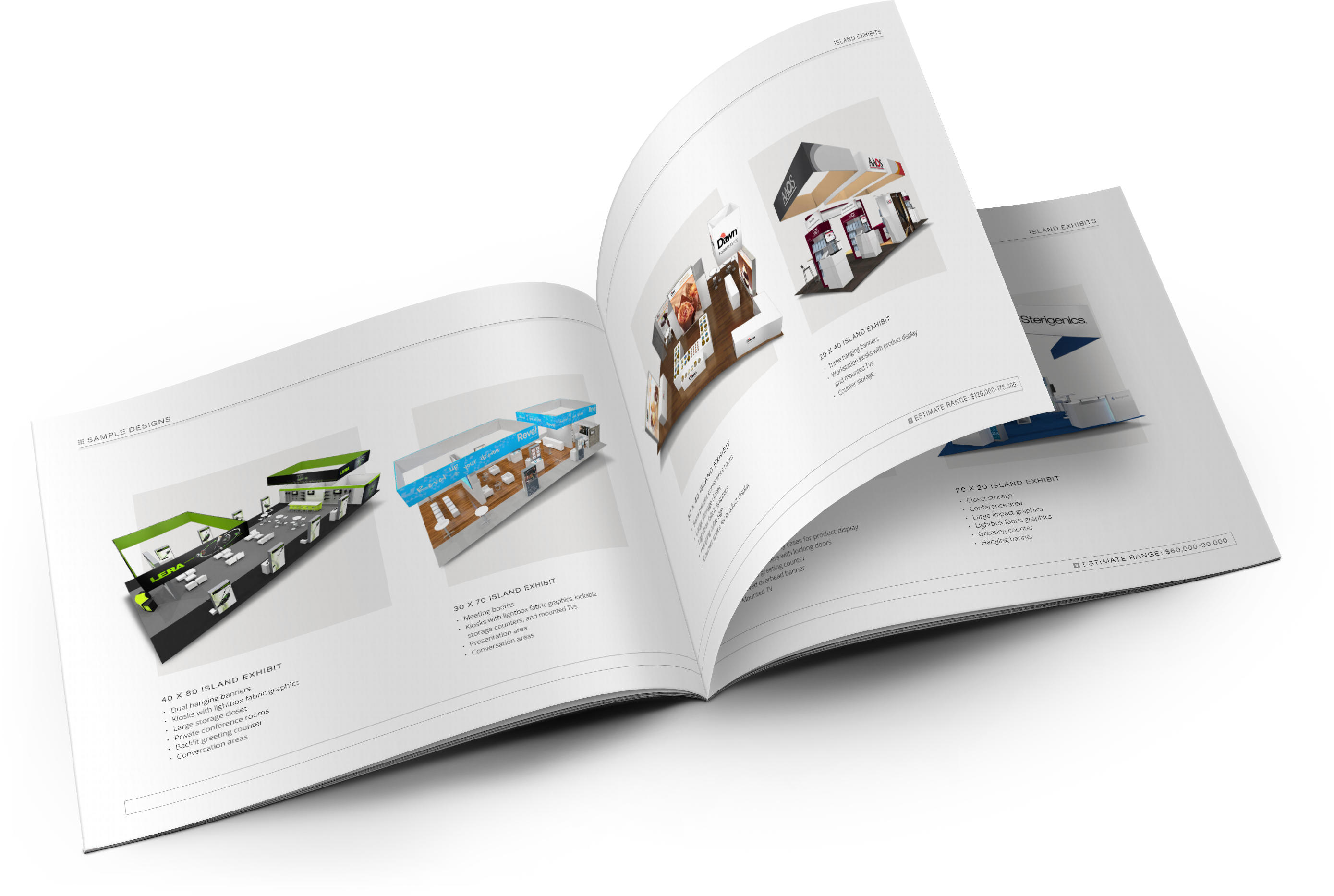Successful businesses will not just react, but actively move forward. The coronavirus pandemic’s impact on meetings and events was sudden and dramatic: In mid-March, the CDC halted gatherings and much of the country moved to shelter in place. In the months that followed, many related businesses focused on trying to simply stay afloat, bracing in a defensive posture amid unprecedented circumstances. But merely waiting for the world to reopen isn’t a viable comeback strategy.
Instead, it’s going to be those businesses that take a proactive, future-looking, and big-picture approach—rather than just trying to recover the old way of working—that will thrive as the industry moves forward from this crisis. Here are four ways to develop this approach at your organization.
PRIORITIZING HEALTH AND WELLNESS
The prioritization of health and safety standards across all organizations is critical to future success—and not just during a time of crisis.
Cleveland is a city well acquainted with crises, and how to use them to grow. In fact, Destination Cleveland ramped up quickly in the pandemic to strategize, put safety measures in place, and plan for the future.
Destination Cleveland introduced its Clean Committed program, which asks business owners in the travel or hospitality industry to commit to a slate of rigorous cleaning protocols. Those that pledge to do so are designated as Clean Committed businesses, and can post this designation publicly. It’s been a community-wide effort, one that is making the city safer for residents and guests alike.
RELATIONSHIP BUILDING
Beyond addressing the public health issue in this manner, Cleveland’s acted with finesse in an active approach to bolster relationships as part of a long-game play.
“We mobilized everybody so fast,” says Gordon Taylor III, Destination Cleveland’s Vice President of Convention Sales and Services. The first wave of response was actively working to rebook conventions to future dates. “We hit on that early, advocating hard on behalf of the clients, the convention center, and the hotels,” Taylor notes. “It became evident that we were doing the right thing early, proactively reaching out to groups and letting them move to future years.”
The approach was about good faith and good business sense, and it involved some “difficult conversations.” One group, for instance, faced a $200,000 cancellation policy. “I thought, this is a group of nurses. This is not what we should be doing,” Taylor says, working instead to rebook a future date. “Working with stakeholders compassionately and with an eye on the future will keep the door open for future business.” In that spirit, Cleveland is offering no cancellation or attrition fees on new bookings made in October through June of next year. “We don’t necessarily know the future, so let’s remove the risk,” Taylor explains.
EMBRACING A HYBRID FUTURE
Businesses that go on to thrive after COVID won’t just focus on bridging the gap until normalcy returns and it’s safe to convene large groups. Instead, they’re navigating plans for both near-term recovery and long-term industry changes. And that means developing infrastructure to permanently incorporate hybrid and virtual components into meetings and conventions. Experts predict the shift is here to stay—and view it as an excellent business development opportunity.
Consider that a hybrid component makes it more feasible, say, for the CEO to join the event virtually alongside in-person attendees. There are other opportunities to capture new business into the future with this model as well: For ASAE’s virtual event this year, 2,000 people registered on the same day as the conference—something that could never happen for events requiring travel.
“This gave me all kinds of creative ideas, as virtual won’t take the place of face-to-face meetings, but will supplement them,” says Taylor. There’s no way virtual is going to stop in the future. This can increase revenue for organizations. There’s a value add.”
PLAYING OFFENSE
Indeed, creative virtual components can add substantial value to live events. That said, face-to-face isn’t going away, because there’s simply no substitute for it—and that’s something the pandemic has revealed even as Zoom has filled the gap. To succeed when it does, businesses will use this in-between time to set up for the new world.
“If I sat around here and just waited for things to happen, it wouldn’t happen,” Taylor says. “It’s up to us to be proactive. When the vaccine comes out, I don’t want to be sitting here going, why have we not been doing any planning? People are still booking conventions into the future. We are primed and ready to go.”
To learn more about Cleveland, visit www.thisiscleveland.com/meetings. https://associationsnow.com/2020/10/why-meetings-must-do-more-than-just-recover-from-the-pandemic/






